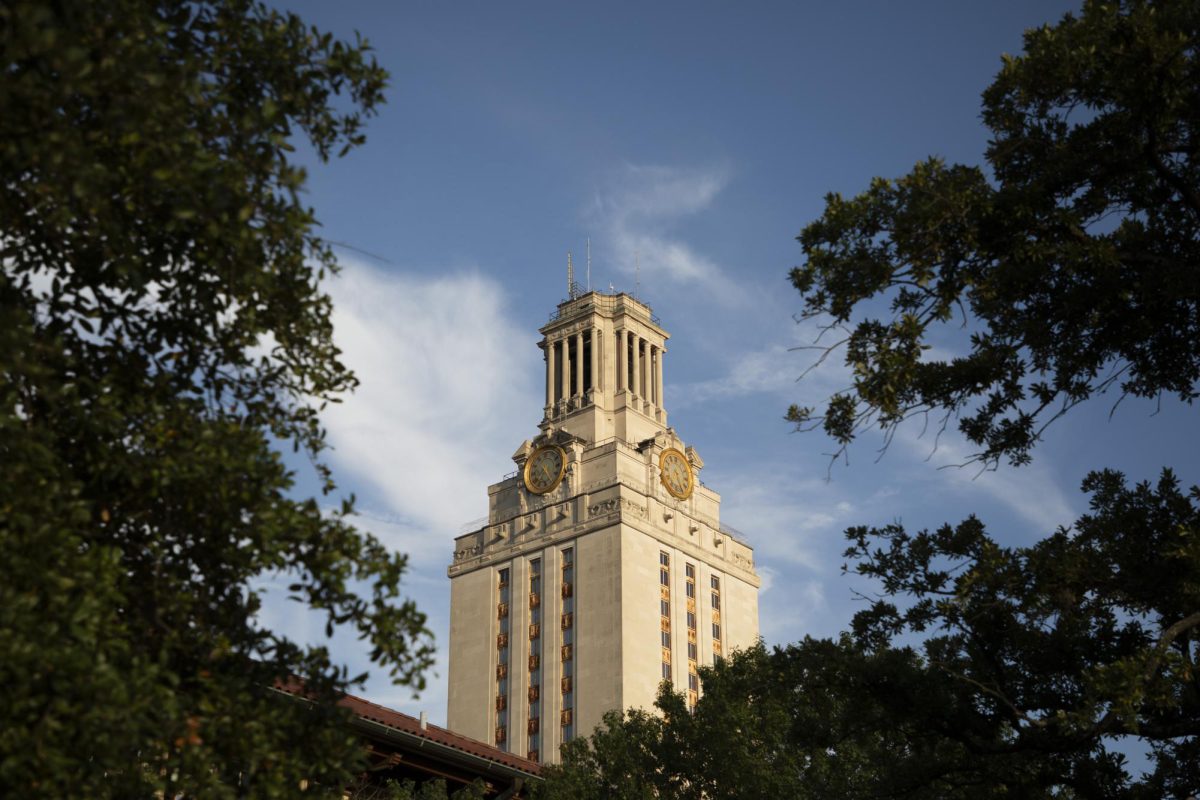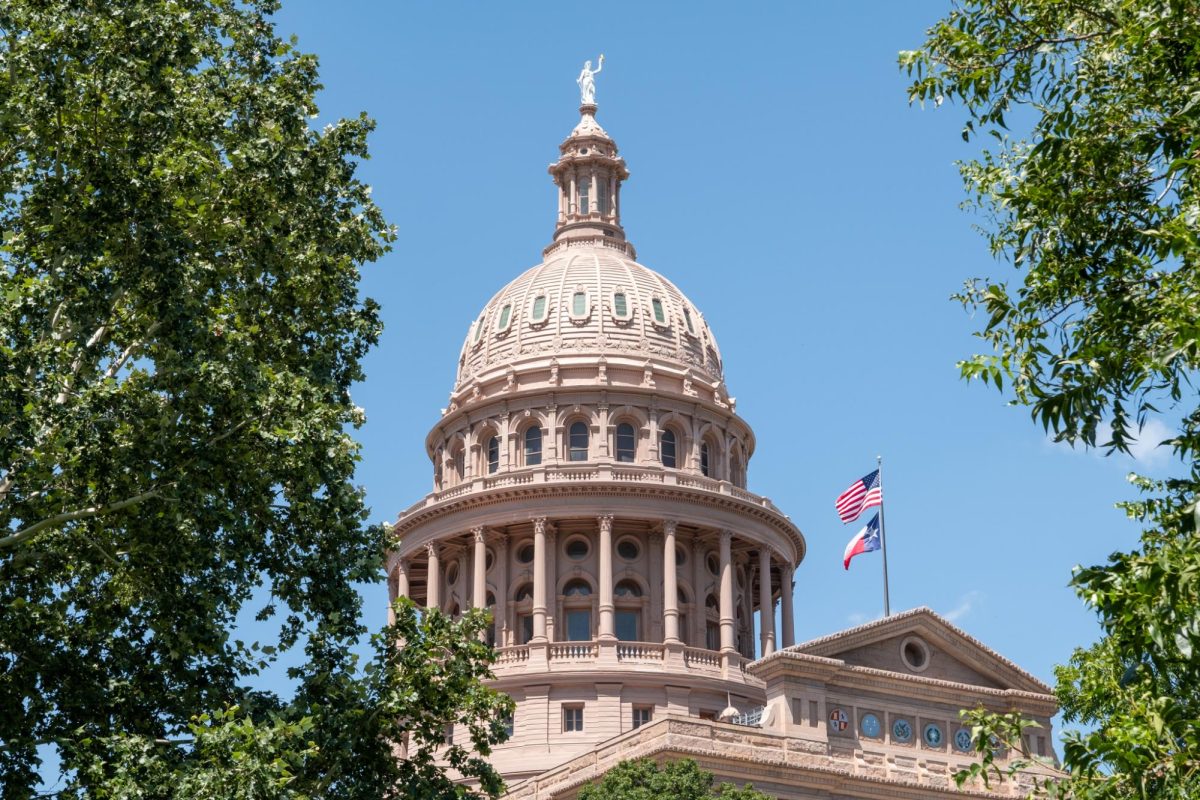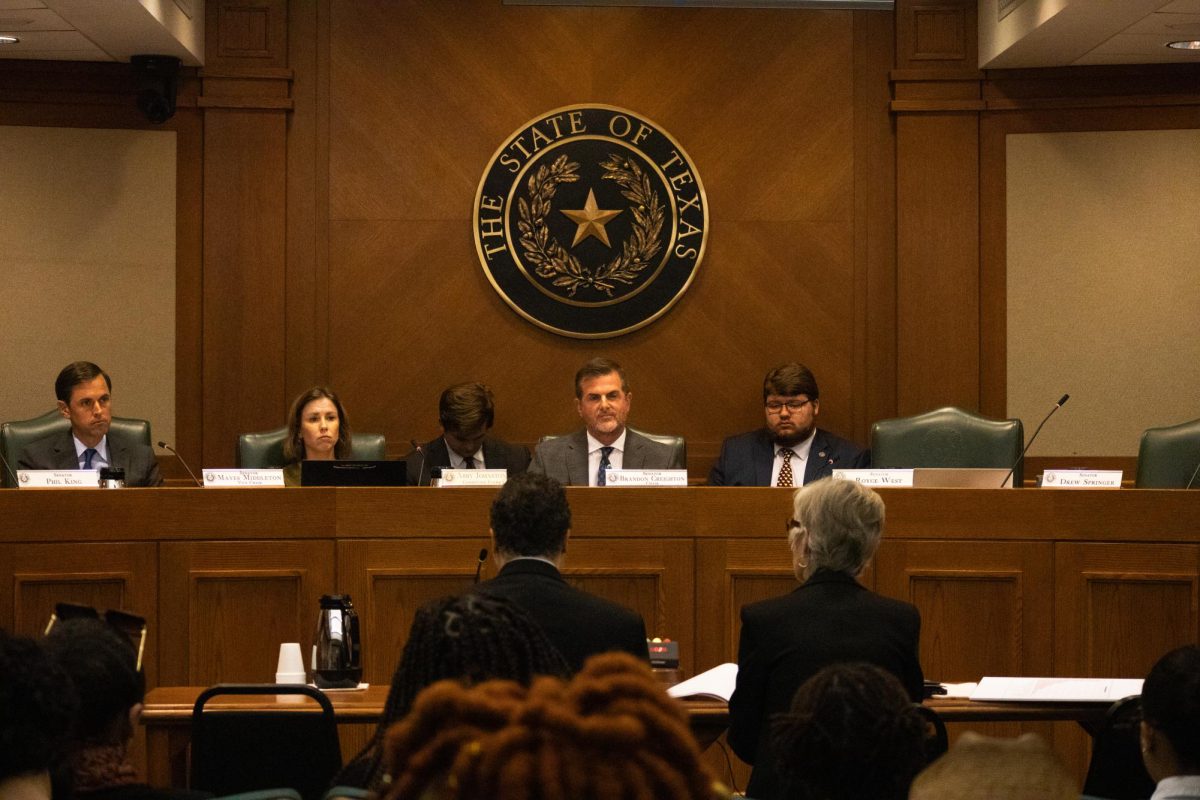In a 6-2 decision Tuesday, the Supreme Court issued a ruling allowing the state of Michigan to ban the use of race as a factor in its college admissions processes, and, according to a UT law professor, this may open the door for a constitutional ban on affirmative action in Texas.
The ruling comes nearly a year after the Court sent Fisher v. Texas, the case determining the legality of the University’s race-conscious admissions policy, back to the Fifth Circuit District Court. Judges on the court have yet to issue their ruling on the Fisher case.
Justice Anthony Kennedy wrote the majority opinion of Schuette v. Coalition to Defend Affirmative Action, ruling that neither the Supreme Court nor Congress has the authority to prevent state voters from deciding whether to allow affirmative action polices in government decisions, including college admissions processes.
The decision upheld the legality of the Michigan Civil Rights Initiative, also known as Prop. 2, a 2006 ballot initiative that amended the state’s constitution to prohibit discrimination or preferential treatment for any individual or group “on the basis of race, sex, color, ethnicity or national origin.”
Kennedy wrote that the Michigan case, like the Texas case, is not about the constitutionality or merits of race-conscious admission policies.
“The question here concerns not the permissibility of race-conscious admissions policies under the Constitution, but whether, and in what manner, voters in the states may choose to prohibit the consideration of racial preferences in government decisions, in particular with respect to school admissions,” Kennedy wrote.
In his opinion, Kennedy also addressed Fisher v. Texas, in which Abigail Fisher sued the University after it denied her undergraduate admission in 2008. Fisher, who is white, claimed UT denied her admission because of her race.
Four states — California, Florida, Washington and Michigan — currently ban the use of affirmative action in admissions processes. Adjunct law professor David Gonzalez said Tuesday’s decision will likely cause many senators and representatives across the country to draft laws addressing affirmative action. Gonzalez said he believes in the next few years, Texas voters will likely amend the state’s constitution to ban affirmative action.
“I would guarantee that someone is going to try and draft a law and say ‘let’s ban this — let’s ban any preferential treatment for race,’” Gonzalez said.
In her dissenting opinion, Justice Sonia Sotomayor said Michigan’s ban on affirmative action will “uniquely disadvantage racial minorities” and argued that governing boards at individual universities should have the power to determine admissions policies for themselves.
Joshua Tang, a representative of We Support UT, a group formed to support the University’s admissions policies, said he thinks the use of race in the admissions process allows universities to fully evaluate an applicant.
“Race, in this country, still plays an important role in the experiences that people have, and it’s important that those experiences are recognized when universities are deciding who to admit to their schools,” Tang said.


















